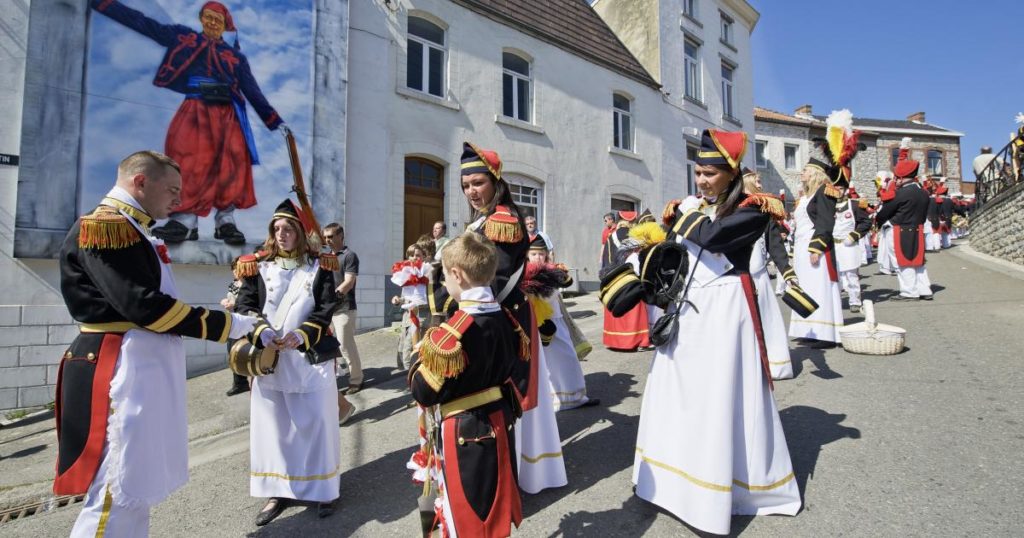Whit Monday or Pentecost Monday is the holiday held the day after Pentecost, a religious holiday of the Christian faith celebrated by devotees the world over, and marked by a public bank holiday in many European countries, like Belgium.
The holiday falls the day after Pentecost Sunday, which commemorates the coming of the Holy Spirit to the Apostles after the death of Jesus, leading to the first sermon and marking the birth of the Christian Church.
The two days of Pentecost change each year, as Pentecost Sunday is set 49 days after Easter Sunday.
“Pentecost is one of the three big celebrations in the Church’s calendar,” Johannes Reitze-Landau, pastor at the All Lutheran Church of Brussels said.
“We commemorate that the Holy Spirit established the Church — so it’s the birthday of the Church.”
In his small congregation, churchgoers are mostly expatriates who flock there because services are held in English.
Christians of the Catholic, Protestant and Lutheran faiths celebrate on Sunday by attending special services at their churches, during which sermons focus on the theme of the Holy Spirit and which usually include a baptism ceremony.
Whit Monday is a bank holiday in countries of the Christian tradition, like Belgium, where only some services, shops and offices are open during the day.
Near Charleroi, Whit Monday usually sees a large procession march through the town of Gerpinnes in a centuries-old tradition to mark the public holiday.
Dressed in Napoleonic costumes, devotees taking part in the yearly march gather in the central church and then walk nearly 40 km around town in honour of Sainte Rolende de Gerpinnes.
In Western Christian tradition, the period of Pentecost is symbolized by the colour red, and pastors and church officials don robes and decorate church altars with the colour.
“It is during the Pentecost holidays that the Apostles, and all Christians thereafter, will reap the fruits of Easter,” a statement by the Catholic Church of Belgium explains.
The Brussels Times

